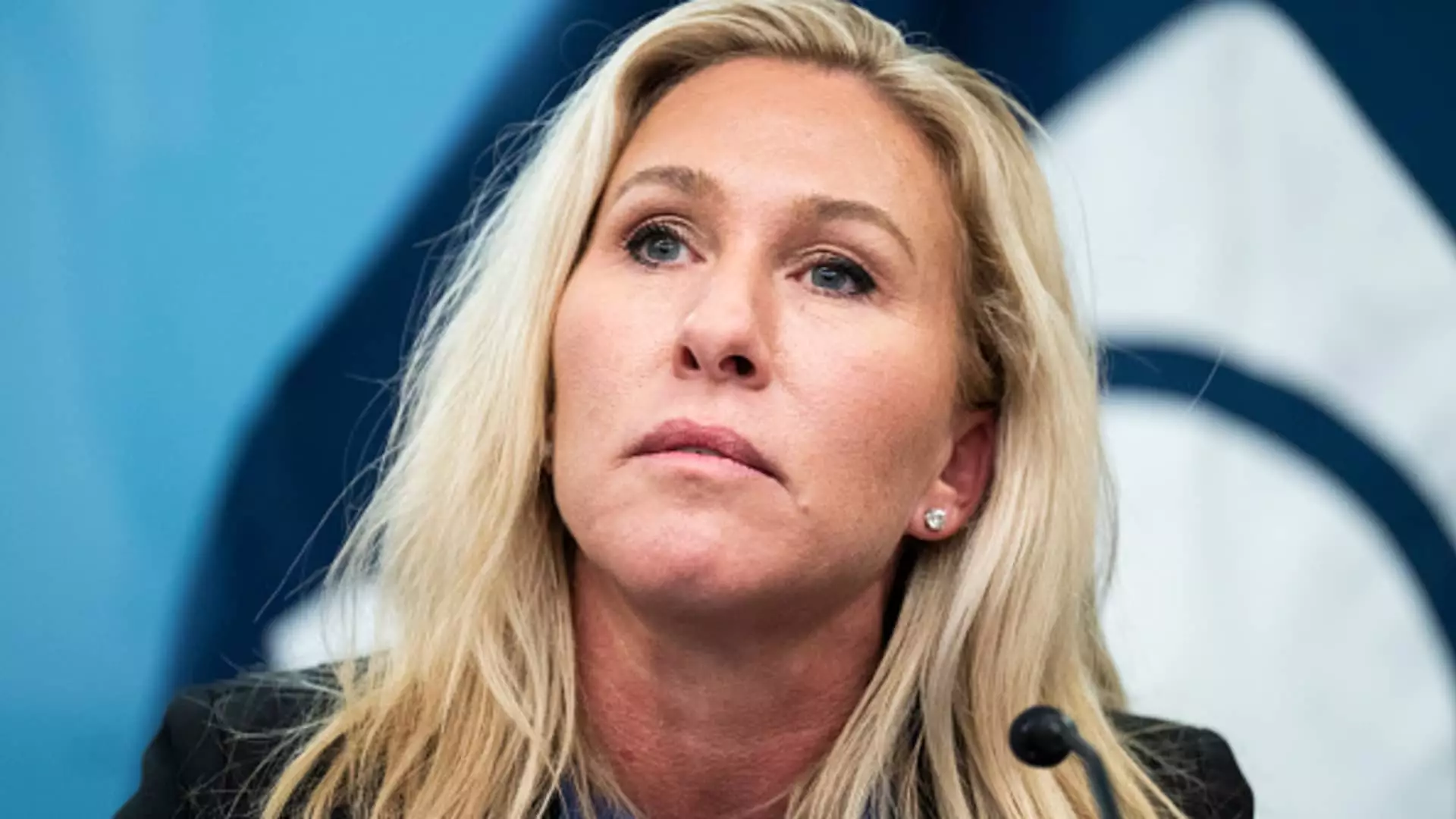In a striking political maneuver, Representative Marjorie Taylor Greene, a controversial figure within the Republican Party, has been appointed to spearhead a newly formed House subcommittee. This subcommittee, intriguingly named the Subcommittee on Delivering on Government Efficiency (DOGE), is set to collaborate with an unusual partnership involving entrepreneurial heavyweight Elon Musk and political provocateur Vivek Ramaswamy. This alliance signifies a novel intersection of politics, entrepreneurship, and digital innovation, as both Musk and Ramaswamy have been vocal advocates for reducing government inefficiencies.
The context of this collaboration stems from an initiative announced by former President Donald Trump. The DOGE initiative is grounded in the mission to enhance the effectiveness of the federal government by targeting bureaucratic waste and re-evaluating the structural frameworks of various federal agencies. For Greene, who has previously faced significant backlash and scrutiny for her controversial views and unsubstantiated claims, this role could serve as both a redemption arc and an opportunity to solidify her influence within the House.
The new subcommittee promises to tackle an ambitious agenda: investigating government waste, streamlining operations, and exposing inefficiencies to the public. Greene’s enthusiasm is palpable as she expresses her commitment to leading this charge, indicating a readiness to challenge the established norms of governance. “No topic will be off the table,” Greene remarked, signaling a willingness to delve into controversial or sensitive issues that may have lingered unaddressed for too long.
The interplay between Greene’s subcommittee and the private sector’s involvement, notably through Musk and Ramaswamy’s initiative, raises critical questions about the legitimacy of this partnership. The dual goals of increasing accountability and transparency, touted by Greene, could clash with the inherent complexities of government functions, especially when entwined with private business interests that may prioritize profit over public welfare.
House Oversight Chairman James Comer is a key ally in this venture, asserting that Greene’s efforts will culminate in a thorough examination of the government’s operational frameworks. “We’re going to work very closely with Elon Musk and Ramaswamy,” Comer stated, foreshadowing the direction of the committee’s work. This collaboration is poised to offer a new lens through which congressional oversight can address longstanding inefficiencies.
However, the effectiveness of this subcommittee hinges on its ability to navigate the politically charged atmosphere surrounding Greene. In the previous Congress, Greene was stripped of her committee assignments due to her history of promoting conspiracy theories, raising concerns about her capacity to maintain a credible position in a critical governmental role. The juxtaposition of her controversial background against the need for heightened government accountability presents a unique challenge for both Greene and the subcommittee’s mission.
Curiously, the name “DOGE” carries a duality that transcends its bureaucratic implications, as it resonates with internet culture, specifically the meme associated with the cryptocurrency championed by Musk. The choice of this name intentionally evokes a sense of modernity and innovation, aligning with the perception that efficiency in government could benefit from a more tech-savvy approach. However, critics may argue that this naming choice trivializes the serious nature of governance and the significance of effective public service.
As the subcommittee gears up for its inaugural sessions, it must strike a balance between harnessing the celebrity and influence of figures like Musk and Ramaswamy while ensuring that the integrity of governance is upheld. The challenge will be to convert the fervor of entrepreneurialism into actionable policies that address the real needs of citizens without succumbing to sensationalism or oversimplification.
Looking Ahead: Challenges and Opportunities
The intersection of Greene’s controversial political identity and the aspirational goals of the DOGE initiative epitomizes a pivotal moment in U.S. governance. This newly formed subcommittee possesses the potential to instigate significant changes within the federal landscape, but it requires a concerted effort to transcend past conflicts and deliver tangible results. As Greene prepares to lead this charge, the scrutiny will undoubtedly be intense, yet the opportunities to redefine governmental efficiency are ripe for exploration.
In an era where public trust in government is waning, the success of this initiative could serve as a litmus test for how effectively unconventional partnerships can transform traditional governance. Whether the DOGE initiative ultimately succeeds in bringing about meaningful efficiency remains to be seen, but it undoubtedly sets the stage for a bold experiment in the ongoing quest for governmental reform.


Leave a Reply